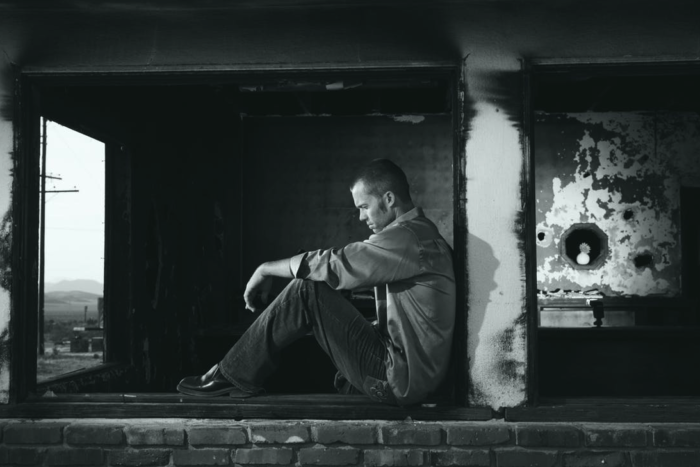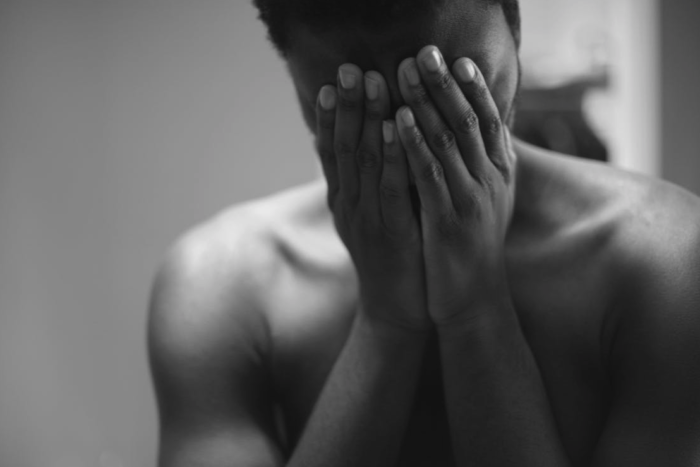Movember has come to a close and soon many men will be shaving their bushy upper lips. Those fibrous hairs signified a part of the continuing exploration into bettering Australian men’s health. While the month and moustaches are finishing, the movement needs to keep growing.
Men’s health is in a bad state. The statistics tell a sobering story. According to the Australian Bureau of Statistics (ABS), men have a lower life expectancy, are more likely to engage in risky behaviour, make up 92% of people in prison, have alarming adverse mental health rates and are at increased risk of many other health conditions. But it is not just these statistics, it is also the everyday experience of being a man that is worrying.
A lack of strong male role models can be isolating for young men who are still seeking an identity. In a world where 1 in 3 women will be sexually assaulted in their life, and domestic violence continues to be a worldwide problem — the consequences are far-reaching.
Fundamentally, we are copy-cat animals who seek suitable humans to learn life skills from. Some of the skills we learn from Australian men, whether in the media, in the government or in the typical household can be emotionally deficient. Whether it is to lean upon alcohol in social interactions, to stay silent through suffering or to respond with aggression, we are undoubtedly doing something wrong. Small issues can become life-shattering problems when men do not open up about their health, including mental health, and mask emotions, which happens all too often.


It is not the man sitting alone in the bar with a schooner that is the problem; it is all the men who feel isolated in world of 7 billion people. We are social creatures and require full social intimacy to survive. The barrier that we draw with jokes, alcohol, cigarettes, big houses, gaming etc. has fenced out the ability for others to help us. It might appear that most men feel more comfortable opening up with their partners, but without previous experiences and habits of healthy communication, many men are unable to explain what is happening to them.
The greatest would-be empathisers to this issue, other men, are socially discouraged from engaging in an open and emotional dialogue with their fellow sufferers. There is always a threat of violence or denial underlying serious male to male interaction. Even when men are able to break through this barrier, it is treading a new path and feels alien and uncomfortable. Without touch (which is discouraged), shared tears (unthinkable) or constant checking in (where is the time?), many issues are dismissed.
Yet, things can change for the better. We are at the beginning of a paradigm shift. For the first time in modern Australian history we are beginning to identify and deal with our health. The rewards of healing are immense. We have an opportunity to develop genuine relationships, save our fellow men from prison and set up a better world for the next generation.
How do we achieve all of this? We begin to talk with each other.
We need to start talking intimately. In certain contexts, our conversations should have no barriers. That means no authoritarianism, no drugs, no racism, no sexism. Through removing barriers, there is less to hide behind and less pressure to conform to a set of habits. These conversations should be intentional, not accidental or purely reactive. It might be uncomfortable at first, but asking more questions will give greater opportunities for opening up.
This process is not easy. If the current reflection of society is accurate, it is easier to run a marathon or work a 9-5 job for 40 years than it is for Australian men to talk about their emotions and physical health.
The path will be long and as with any great change, it will take generations before men reduce the numbers of the alarming statistics. So as Movember comes to an end, let this be the beginning of a change that will give future men a better chance than the average man of today. Find the space and time to talk about the reality of being an Australian male.
Ultimately, the issues facing men are also issues facing our society. Without a healthy role model, a boy is unlikely to learn what it means to be a good man. And without greater urgency to get help before it’s too late, we could lose those men closest to us, much too early.
If you or someone you know is struggling to cope, no matter how big or small it may seem – you can seek help by calling beyondblue’s support service line on 1300 22 4636 or visiting the Mental Health Foundation website in New Zealand.
![]() @INSPIREDADVENTURES
@INSPIREDADVENTURES
[mgl_instagram_user username=”inspiredadventures” cols=”6″ number=”6″]






